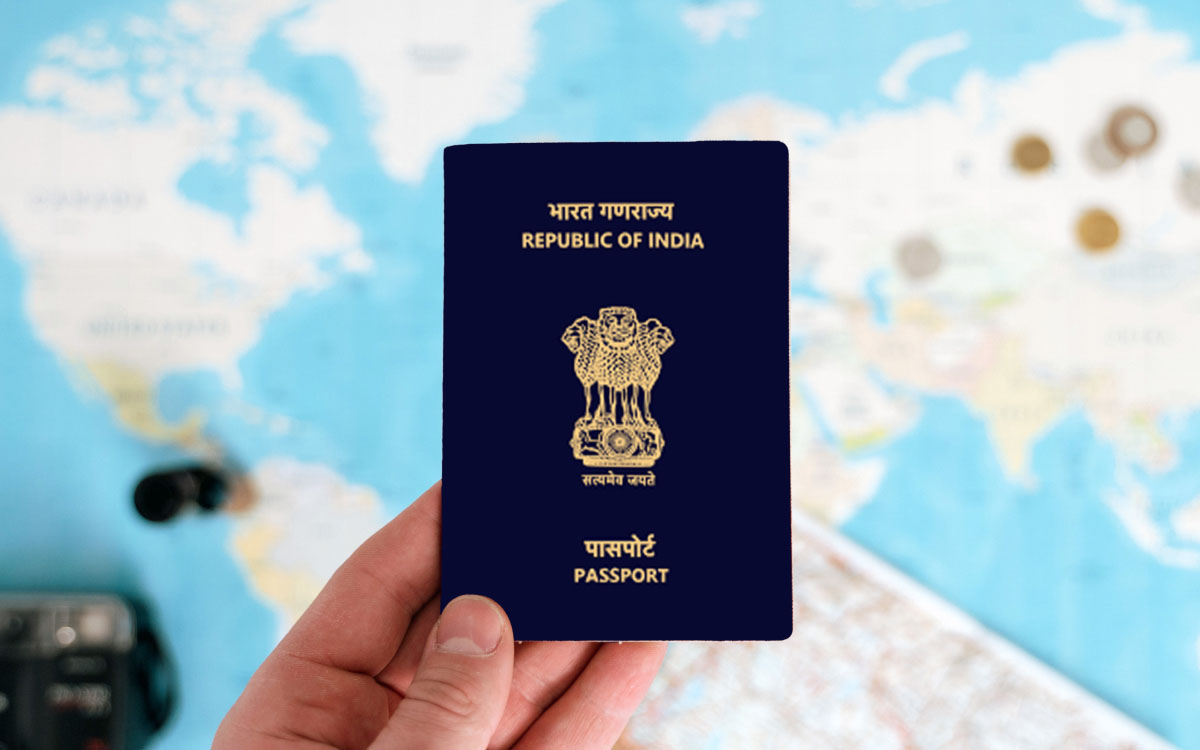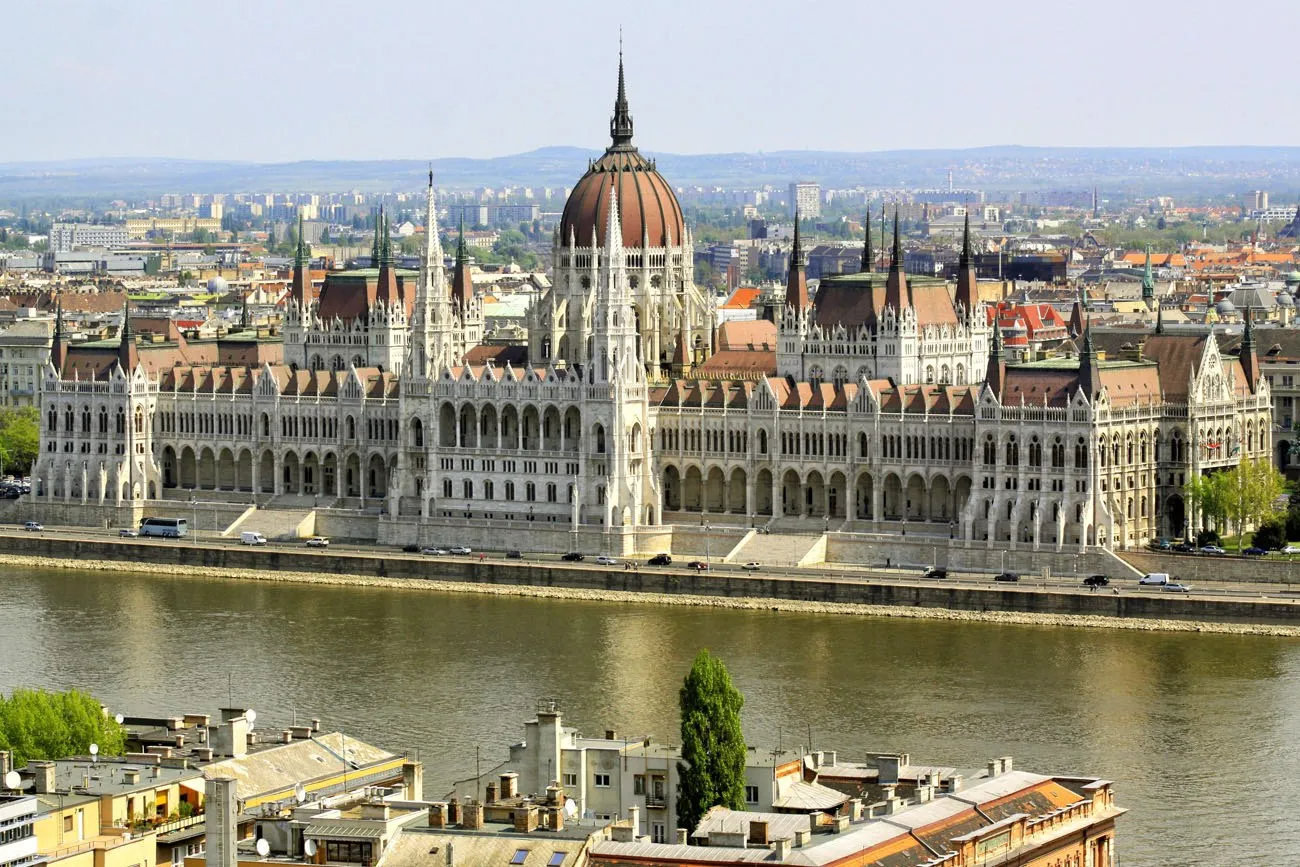At the juncture of Europe, Asia, and the Middle East, Turkey has been a favourite destination for immigrants for a long period of time.
With its rich history and blend of cultures, it promises a unique and exciting living experience.
From the modern, lively amenities mixed with historical landmarks bustling in cities like Istanbul and Ankara, to the breathtaking views of the sea and tranquil environment along its coasts, Turkey is a country of varied beauties.
Being among the fastest-growing economies in the region, Turkey remains attractive for people from different parts of the world for new opportunities—be it job opportunities, investment, or ways of life.
For those planning to immigrate to Turkey in 2025, this dynamic nation offers a compelling blend of tradition and modernity, making it an ideal destination to start a new chapter.
Advantages of Immigrate to Turkey
The various advantages of living in Turkey have made the country appealing to many different walks of life.
Compared to most Western countries, Turkey has a relatively low cost of living; hence, one is assured of a high standard of life without breaking the bank.
Housing, transport, and food are cheap, making it easy for any new expat to get by comfortably.
Additionally, Turkey provides high-level healthcare and a very good educational system, including access to top-class universities and international schools.
To complete it all, the Turkish government offers numerous investment incentives, including tax breaks and residency options, which all together created a perfect combination for entrepreneurs and owners of businesses.
A Blend of Culture, Economy, and Opportunity
It can be said that the cultural variety of Turkey is one of the most typical features, ranging from the ruins of Ephesus to the vibrant bazaars of Istanbul.
This offers one an indulging cultural experience.
In addition, a growing economy offers ample scope for employment, especially in the technological, real estate, and tourism sectors.
The push by the government of Turkey for modernization and economic reforms creates an unstable ground on which both domestic and international entrepreneurs can stand.
Whether it be investment, career building, or retirement in a serene and hospitable environment, Turkey offers everyone different sets of opportunities to start a new phase of life.
Immigration Pathways to Turkey

It has different routes to immigration, answering different needs: investors, professionals, retirees, and students alike.
One of the most attractive options is the Turkish Citizenship by Investment Program, whereby a foreigner can obtain Turkish citizenship in exchange for significant financial investment in the country.
The applicants can invest in several ways: purchasing real estate worth at least $400,000 or investing $500,000 in a Turkish business or government bonds.
Much more than citizenship, this program opens wide-ranging economic opportunities in Turkey and allows visa-free travel to more than 110 countries.
These residence permits will be a great alternative for those who would not want to apply for citizenship immediately, yet intend to stay in Turkey.
Both can be taken out for short and long periods.
Short-term residence is suited for people who would want to stay temporarily for reasons such as tourism, business, or family visits; it is renewable every year.
However, on the other hand, after eight continuous years in Turkey, long-term residency provides one with permanent residence.
Then there is also an open residency option for retirees because retirees can apply based on being self-sufficient.
This is why so many would like to retire here for all their retirement years – nice and affordable.
The work permit, depending on the profession, offers a variety of routes to work in Turkey.
Because there is high demand in Turkey for qualified professionals in fields like technology, health, and education, getting a job offer from a Turkish employer will get you a work permit.
Entrepreneurs who want to start their own business in Turkey can apply for an independent work permit.
In addition, students intending to pursue higher education in Turkey can apply for a student visa, which may be converted into a residency permit after they complete their studies.
Turkey also offers family reunification, allowing the allowance of bringing dependants to live with them once a residence permit is obtained or even when obtaining citizenship.
Turkish Citizenship by Investment Program
The most popular route for foreign nationals to gain Turkish citizenship is through the Citizenship by Investment Program of Turkey.
Investment Options include:
- Real Estate Investment: The minimum investment required in real estate for Turkish citizenship is $400,000 USD. The applicants must hold the property for at least three years.
- Capital Investment: The applicant can make a minimum investment of $500,000 in Turkish companies or government bonds. It is applicable for people who are looking for diversified investment.
• Capital Investment: The applicant can make a minimum investment of 500,000 United States Dollars in Turkish companies or government bonds. It is applicable for the people who are looking for diversified investment.
Eligibility and Application Process with Benefits
Eligibility: Candidates need to be more than 18 years old, not have any criminal history, and fulfill the financial requirement for the investment.
Application Process: The process involves the submission of documents, background checks, and source of investment proof. Generally, it takes 3-6 months.
• Application Process: The process involves the submission of documents, background checks, and source of investment proof. Generally, it takes 3-6 months.
Citizenship Benefits:
Turkish citizens can visit more than 110 countries either visa-free or on-arrival visa.
They are entitled to high-quality but at the same time relatively inexpensive health care and education.
Dual citizenship is allowed for the applicants to retain their initial citizenship.
Turkish citizens can visit more than 110 countries either visa-free or on-arrival visa.
They are entitled to high-quality but at the same time relatively inexpensive health care and education.
Dual citizenship is allowed for the applicants to retain their initial citizenship.
Residence Permits
Depending on your situation, there are several residence permits available.
Short-term and Long-term Residency Options include:
- Short-term Residency: This permit is good for a year and shall suit those who will be in the country temporarily. It can also be renewed annually.
- Long-term Residency: With 8 years of continued stay in Turkey, one automatically qualifies to apply for long-term residency. This kind of residency carries permanent status in the country.
Short-term and Long-term Residency Options
• Short-term Residency: This permit is good for a year and shall suit those who will be in the country temporarily. It can also be renewed annually.
• Long-term Residency: With 8 years of continued stay in Turkey, one automatically qualifies to apply for long-term residency. This kind of residency carries permanent status in the country.
Retirees, Job-seekers, and Property Owners
- Retiree Residency: If the applicant is 55 years or older and can show sufficient income, the person will be granted a residence permit as a retiree.
- Property Owners: Owning property in Turkey can provide the grounds for a residence permit.
• Retiree Residency: If the applicant is 55 years or older and can show sufficient income, the person will be granted a residence permit as a retiree.
• Property Owners: Owning property in Turkey can provide the grounds for a residence permit.
Work Permits
Turkey has several work permits available for both professionals and entrepreneurs.
Turkey has available several work permits for both professionals and entrepreneurs.
Types of Work Permits Available:
- General Work Permit: For foreigners who have a job offer from a Turkish company.
- Independent Work Permit: For those setting up their own business.
• General Work Permit: For foreigners who have a job offer from a Turkish company.
• Independent Work Permit: For those setting up their own business.
High-demand Industries:
These industries include healthcare, technology, tourism, and education.
Job seekers plan for a work permit in these industries to get opportunities in Turkey.
These industries include healthcare, technology and information, tourism, education, etc. Job seekers plan for a work permit in these industries to get opportunities in Turkey.
Application Process:
Applying for a job in one of the Turkish companies is the first step.
Issuance of the work permit by Turkish Ministry of Family, Labour and Social Services.
Student Visas
For those looking to study in Turkey, the student visa is a viable option.
Requirements for Studying in Turkey include:
Requirements for Studying in Turkey
• You must be accepted by a Turkish educational institution.
• Proof of financial support to cover your stay.
Transitioning to Residency
Students can apply for a short-term residency permit after their studies, which allows them to stay in Turkey for work or entrepreneurship.
Students can apply for a short-term residency permit after their studies, which allows them to stay in Turkey for work or entrepreneurship.
Family Reunification
You are allowed to bring your dependants to live with you if you have a Turkish residence permit or citizenship.
You are allowed to bring your dependants to live with you if you have a Turkish residence permit or citizenship.
How to Bring Dependents:
To bring in a spouse and children will require sufficient income, accommodation, and proof of relationship to be demonstrated, such as marriage or birth certificates.
To bring in a spouse and children will require sufficient income, accommodation and proof of relationship to be demonstrated, marriage/ birth certificates.
Requirements and Application Process for Immigration to Turkey
Key documentation and steps you need to take when applying for a visa or residency permit in Turkey are quite a few.
First of all, a valid passport is necessary because every immigration application requires it.
You will also have to prove financial stability by providing bank statements, proof of income, or investment documents, whichever applies for the type of visa or residency you will be applying for.
For long-term stays, health insurance is required to cover medical expenses while in Turkey.
You are also expected to provide proof of accommodation, showing where you will be staying during your time in the country.
Lastly, applicants are required to fill and submit the relevant application forms with biometric photos since the application process requires the photo.
Cost of Living in Turkey
Living in Turkey is really affordable when it comes to expenditure compared to many Western countries; hence, it is gaining popularity both among expats and retirees alike.
However, the cost of living still varies a great deal depending on where you live.
• Housing:
The prices of rentals in big cities such as Istanbul and Ankara have gone up recently but are still relatively much lower than those in the West.
In Istanbul, for instance, you can rent a one-bedroom apartment in the city center for between 6,000 to 10,000 TRY per month ($225-$375 USD).
Rentals outside the center can be found for as low as 3,500 to 5,000 TRY monthly ($130-$190).
In Ankara, rents are somewhat lower; city-center apartments generally fall in a range from 4,500 to 8,000 TRY per month.
In smaller cities and rural areas, the costs can be even more affordable, with rental prices starting from 2,500 to 4,000 TRY per month.
Healthcare:
Turkey has a universal health system with a good network of both public and private services.
The cost of the services is considerably lower when compared to many Western countries.
Publicly provided health care services are available for residents carrying a Turkish health insurance policy, which is quite affordable.
Private healthcare, including specialist consultations, usually ranges from 300 to 600 TRY per visit ($11-$22 USD).
Procedures or surgeries may range from 2,000 to 20,000 TRY ($75-$750 USD), depending on the complexity of the procedure.
Health insurance for residents is available, costing about 1,000 to 3,000 TRY per year ($37-$110 USD), and covers most medical expenses.
Daily Expenses:
Grocery prices are not that high, with basic items like bread, milk, eggs, and vegetables costing much less than in most Western countries.
For example, a loaf of bread is around 5 TRY ($0.20 USD) and a liter of milk costs about 8 TRY ($0.30 USD).
The system of education in Turkey is one of the strongest, starting from local to international, with so many public and private schools, colleges, and universities. Primary and Secondary Education: All children are obliged to study between the ages of 6 and 18 years in Turkey. International Schools: In Istanbul, Izmir, and Ankara, there are lots of international schools with curricula in English or French. The private schools usually cost from 20.000 to 40.000 TRY per year (750 to 1,500 USD), depending on the school and the curriculum that they follow. Public schools are free, but the classes are in Turkish. So, your expat kids might need additional help with this language.
Transportation:
Turkey has more than 200 universities, and most of its courses are available in English.
Integration Tips for Expats
The key to successful integration into Turkish society is embracing the local culture and customs while navigating the country’s unique blend of East and West.
Turkish culture is very diverse; European and Middle Eastern influences coexist in this country.
Advantages of Immigration to Turkey
One of the most attractive features dual citizenship offers for those choosing relocation to Turkey is getting that country’s nationality.
Tax Benefits and Economic Incentives
Turkey is a popular destination for investors and entrepreneurs owing to its favorable tax rates and economic incentives.
High-Quality Healthcare and Access to Education
As a resident or citizen of Turkey, you’ll have access to affordable, high-quality healthcare.
Tips for a Smooth Immigration Journey
Navigating Turkey’s Bureaucratic Processes
The complex processes involved in the bureaucracy of Turkey, with different requirements for different types of visas, can be difficult to navigate.
The Importance of Legal Advice
Most of the complicated immigration cases, such as Turkish Citizenship by Investment or family reunification, will require professional legal support.
Conclusion
Immigration to Turkey offers a wide range of options, suiting different needs and aspirations of different individuals.
Living in Turkey has significant merits as well.
The next step for those considering immigration is to research the type of immigration program that best aligns with your goals, whether it be pursuing residency, investing in property, or starting a new career.











